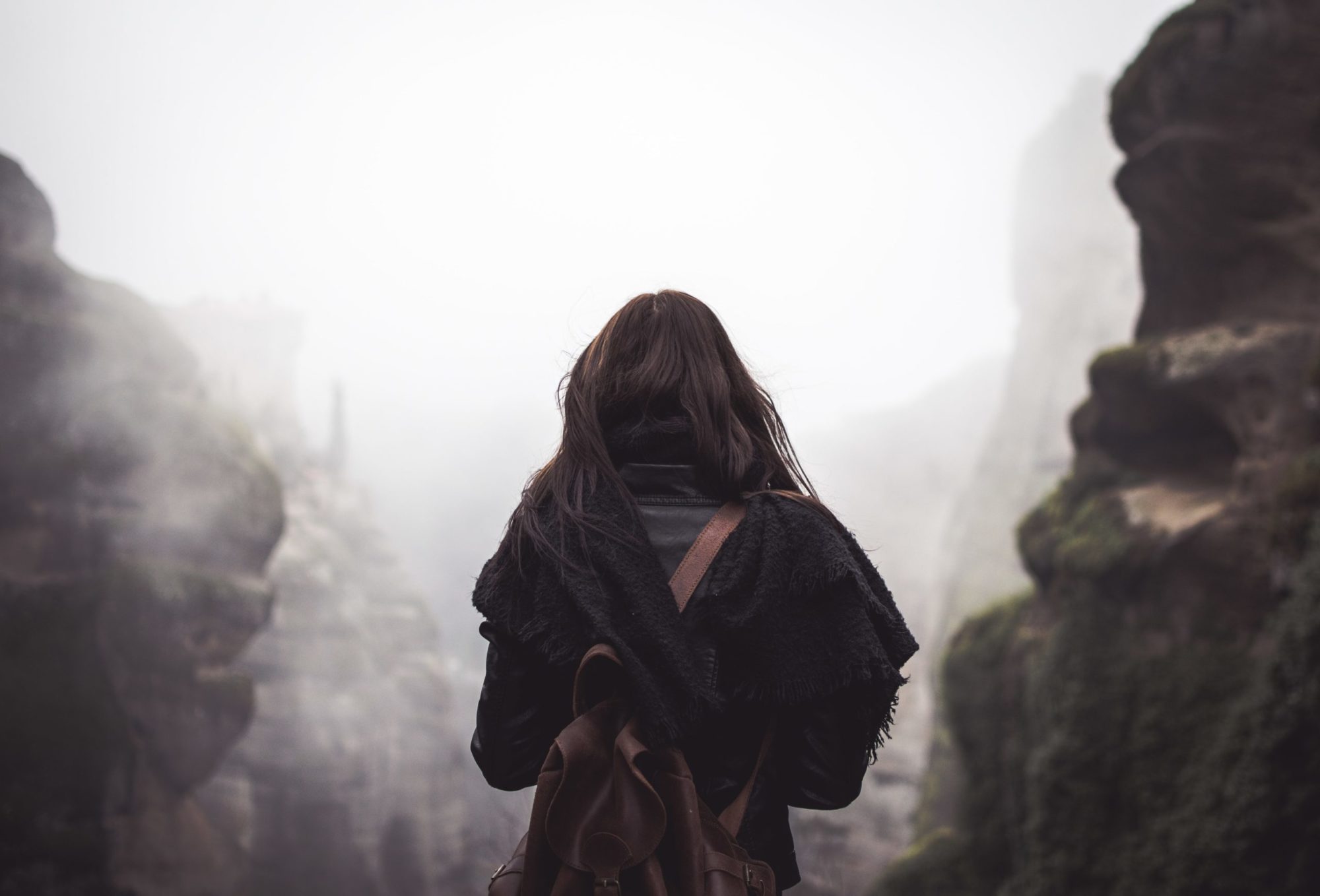Ever since I was old enough to talk, I was intensely aware of the impact of US foreign policy on my life. My family and I came to the United States as political asylees in late spring of 2000, forced to leave Pakistan when we became targets of a system that the United States itself had supported to counter the Soviet Union in Afghanistan. Over the next year or so I began to adjust to my new life, making friends and becoming “American.” But on Sept. 11, 2001, two weeks before my eighth birthday, when the most pressing thing on my mind was getting my hands on a tube of Go-Gurt, the earth shifted under my feet once again.
The US response to the tragic attacks on 9/11 fractured societies and traumatized communities the world over, especially for those of us identifying as Arab, Middle Eastern, Muslim, South Asian (AMEMSA). We put our own trauma aside in the days, weeks, and years that followed, trying our hardest to reassure neighbors, friends and law enforcement that we were patriotic Americans.We did so while being excluded, disrespected and dehumanized — through policies and practices like “special registration,” mass surveillance, and discriminatory “watchlisting” — by the government to which we had pledged allegiance. And we watched as the US targeted Muslims across the globe with drone strikes (i.e, Yemen), indefinite detention without charge or trial, and torture (i.e., CIA “black sites“).
For years, the US government emphasized the threat that the country faced of another attack, while Muslim-majority countries were under attack. Children grew up seeing US and NATO troops in their neighborhoods and cities. They made bombed-out buildings their playgrounds. They feared going out, including because — like family or friends or others they’d known — they could be caught in a drone strike. Some developed serious mental health issues from just the sound of drones buzzing overhead.
I pledged allegiance every day in school to the same government that was racially profiling my friends and family members, reinforcing Islamophobic ideas, and actively othering me — all while killing civilians and destroying families in Pakistan and other Muslim-majority countries.
The US post-9/11 mindset and approach to national security had similarly devastating indirect effects: Attacks on religious minorities including the Shia, Ahmadi and Christians in countries like Pakistan increased exponentially. Terrorist groups metastasized by capitalizing on anti-American sentiment, leaving those civilians both at risk and in fear. I remember taking my mother to the emergency room in New York after multiple bombings in Quetta killed over 115 people in one day, her blood pressure at dangerous levels after watching the news coverage about the senseless murder of people with whom she shared faith-based identity. Both of my parents were in a panic after the 2008 attack on the Marriott in Islamabad because their families lived less than 10 minutes away.
Today in Pakistan, entry into any hotel or even shopping mall probably means going through multiple security checkpoints and many offices have a security guard or metal detector. Most busy streets and highways have multiple police checkpoints. As a result of a series of attacks on Shia Muslims, steadily increasing after the 2009 attack in Karachi on a Shia procession commemorating Ashura (a day of reverence for Shia Muslims), men and women entering religious processions and mosques on such days are subjected to bag searches and pat-downs. Wireless networks are pulled down to curtail possible terrorist activity.
I never thought that for 20 years following the tragic attacks on Sept. 11, 2001, I would feel afraid in a place in which my parents sought refuge. Or that I’d worry about a homeland in Pakistan that I barely remembered and for people I’d forgotten or never knew, an ocean away.
Living through this period has required many of us to grapple with fundamental questions of identity: What does it mean to be Muslim? South Asian or Arab? An American Muslim? South Asian American? Arab American? And what does it mean to be American? Being “safe” from the dark realities of war but at what cost? Who were those policies, programs, and practices that the government said were for security really for?
For a Pakistani Muslim-American like me, I stand at a moral conundrum. How do I as a Muslim-American reconcile the fact that my tax dollars were used to desecrate my religious beliefs and traumatize people in Guantanamo, Abu Gharib and Bagram? I pledged allegiance every day in school to the same government that was racially profiling my friends and family members, reinforcing Islamophobic ideas, and actively othering me — all while killing civilians and destroying families in Pakistan and other Muslim-majority countries.
For those of us who identify as AMEMSA, we are caught between competing traumatic realities: we are still seen by many in the US as security threats and treated accordingly. At any point our friends or family members abroad could end up collateral damage from US “counterterrorism operations.” And, as Americans, we are complicit if any of them do suffer that fate.
Two decades after 9/11 — and grappling with the many costs of the United States’ myopic, war-based approach to national and human security — I have more questions than answers.
Yumna Rizvi is a Policy Analyst with the Center for Victims of Torture based in Washington, DC working on US national security and human rights.
“The Long Tunnel” is a series of articles reflecting on the impact of September 11 and how it has shaped the world we live in today. You can read more in the series here.





















